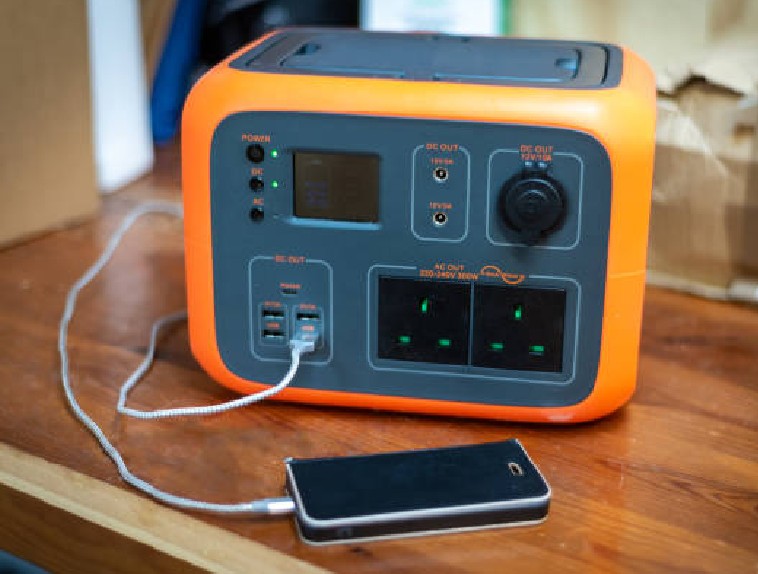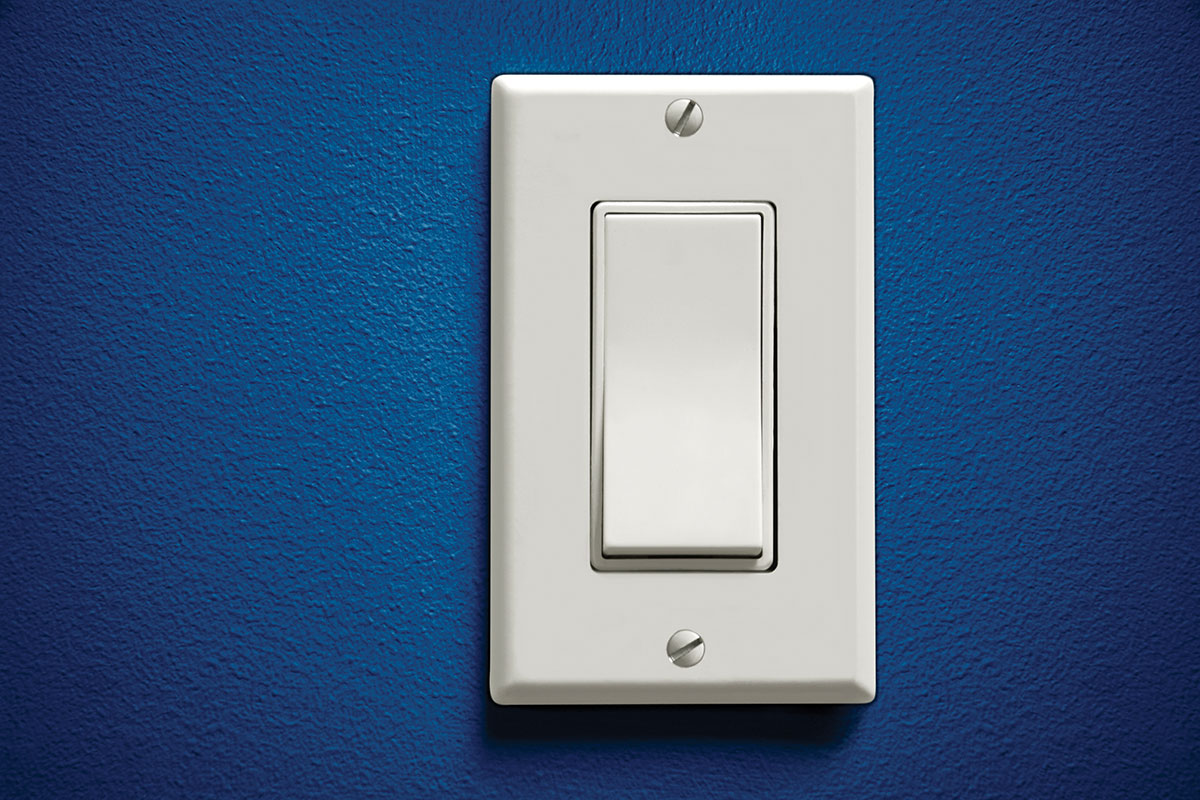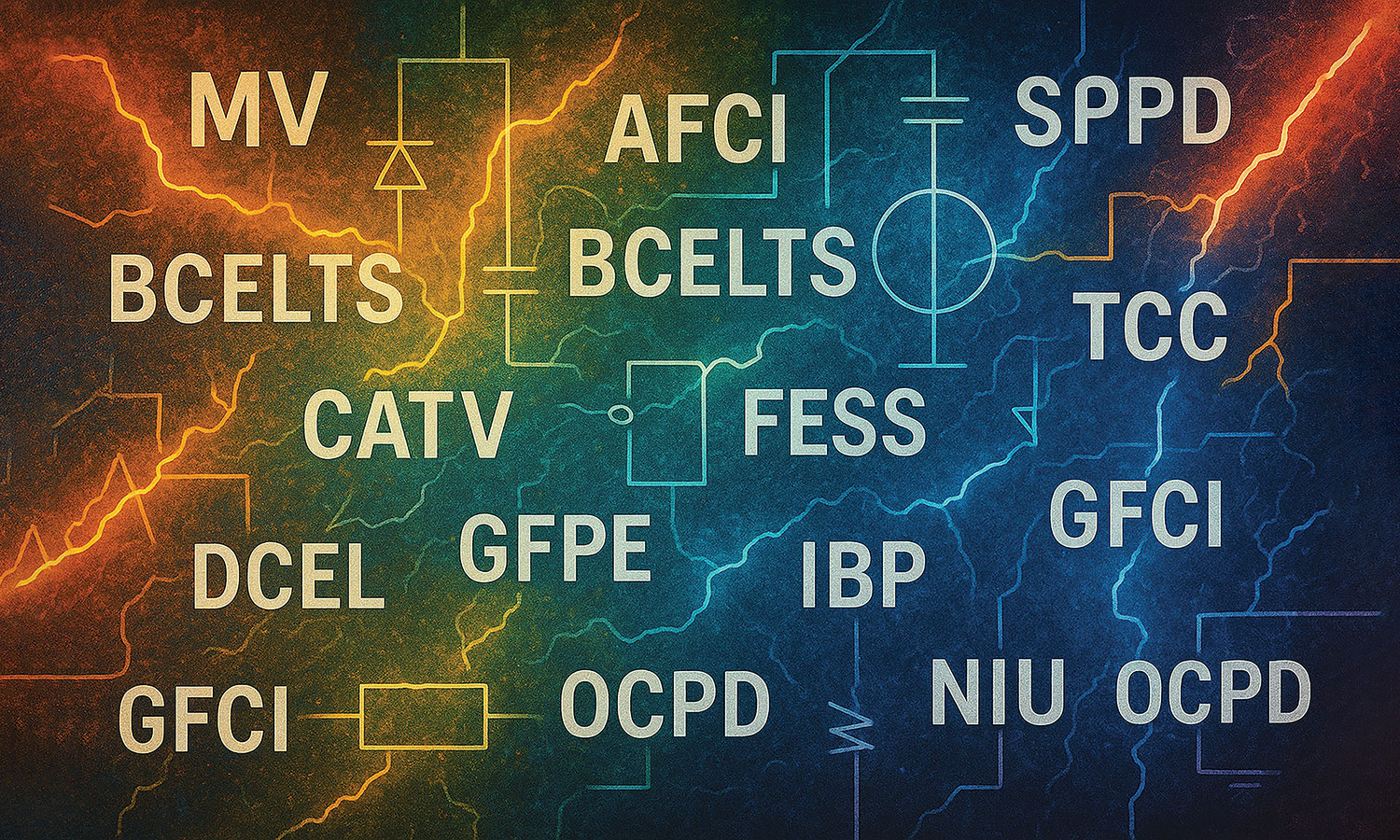A question has been asked as tow hat the IAEI policy is on endorsing or promoting electrical products. It is a fair question. This inquiry was made because of an advertisement by a manufacturer of a product used in the electrical industry. The company product literature included a statement that implied the equipment was endorsed by the IAEI. I believe it is appropriate for a clarification of the general policy maintained by the IAEI on this question. The IAEI does not endorse any specific electrical product. It maintains a position of neutrality where electrical equipment and wiring materials are concerned. The very nature and purpose of the IAEI precludes the organization from taking a position to favor one electrical product over its competitor.
The IAEI Articles of Association states in Article II, Section 1(a) that one objective of the organization is “To cooperate in the formulation of standards for the safe installation and use of electrical materials, devices and appliances.” This objective emphasizes the fact that the IAEI purposely gets involved in the development of standards for electrical materials, devices and appliances where the need and opportunity arise. It should be noted that this action does not identify any specific manufacturer’s product but rather relates to the “safe installation and use” of those items.
The IAEI is specific in setting guidelines on this subject for its representatives on code-making panels. The IAEI Operating Rules states, “Each Code-Making Panel representative shall refrain, as a representative of IAEI, from the appearance or practice of endorsing any electrical product.” It should be noted that it not only prohibits the “practice of endorsing” an electrical product, but is even more severe in that aspect by prohibiting even the “appearance” of endorsing any electrical product. The very nature and sensitivity of the position of electrical inspectors dictates that they do not show favoritism toward or bias against any electrical product. It is likely that most every person in the electrical inspection field has personal preferences related to certain products, but the professional electrical inspector does not let personal opinions interfere with applying adopted electrical safety rules in a fair and uniform manner. There is an unwritten code of ethics that drives professional electrical inspectors to remove themselves from becoming personally involved in the interpretation and enforcement of electrical rules. There have been occasions where reports have been received of inspectors requiring contractors to “do it my way” where the adopted rules either do not require such application or where the suggested installation is in direct conflict with the code. Where this type of attitude exists, it is unfortunate and is in direct opposition to the objective of the IAEI to promote the uniform understanding and application of electrical codes.
The International Association of Electrical Inspectors must represent the electrical inspector and as an organization must refrain from showing any preference of one electrical product over another. Two objectives of the IAEI as stated in the Articles of Association are “To promote cooperation between inspectors, the electrical industry and the public,” and “To represent the Electrical Inspectors in all matters which are dealt with nationally and internationally by the electrical industry.” It would be counter productive to these objectives for the IAEI to endorse any specific electrical product. Members from the electrical manufacturing industry are vital for the existence and proper operation of the IAEI. Should preference be given to any manufacturer or manufacturer’s product over another, it would essentially mean that the IAEI takes sides. That would effectively compromise the position of neutrality and be detrimental to the organization and electrical inspectors in particular. The IAEI has no intention of becoming involved in the marketing strategy of manufacturers.
The IAEI does encourage the use of products recognized by the electrical code and emphasizes the importance of third party testing of products. In an effort to keep members and other readers informed, a section in this magazine is reserved for coverage of new electrical products. This portion of the magazine is devoted to a brief presentation of new products entering the market in hopes that readers of the magazine will be better informed on what they might see on the job site. This notice is intended to help inspectors and others stay current on what is going on in this aspect of the industry and to enable them to be better prepared. Inspectors who now a product is either entering or has just entered the market and makes the effort to obtain additional information is better prepared to evaluate the installation of that product on a construction site. One criteria for including the product in the new products section of the IAEI News is that the product be listed or certified by a third party testing laboratory where a standard exists for that product.
In regards to the incident that raised this issue, the organization referring to the IAEI in product literature as endorsing its product has been notified to cease making any such reference. Immediate action will be taken on known incidents where organizations improperly imply that the IAEI endorses or promotes their electrical product.











Find Us on Socials